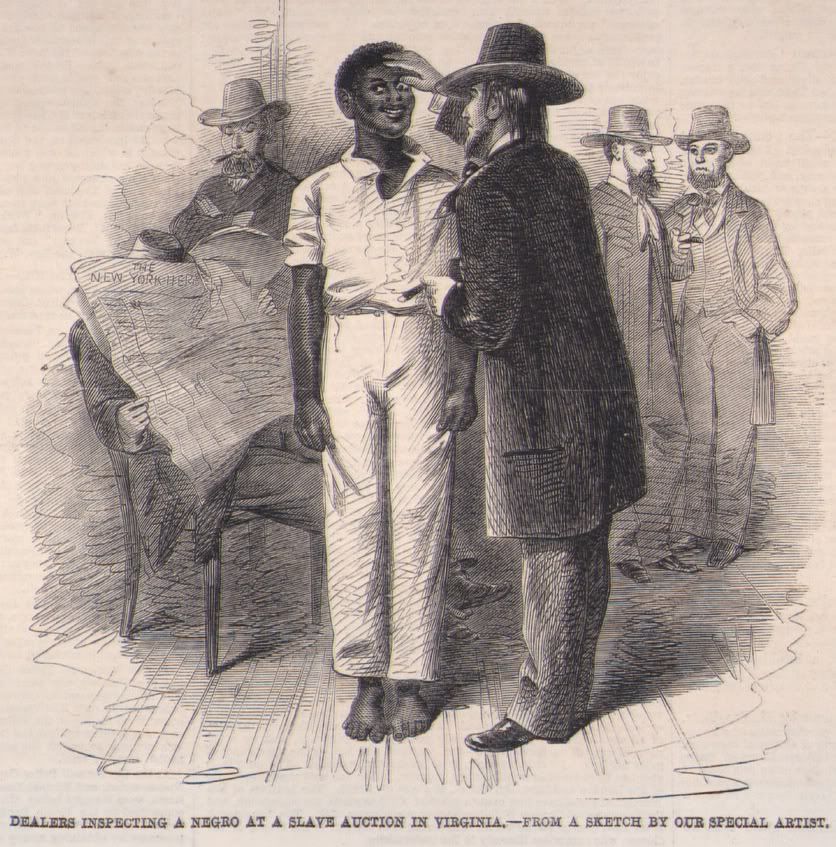| Colombia and the United States Feb 17th 2011 | BOGOTÀ Trade disunion Santos´s China card From The Economist print edition |
 |
| SOMETIMES the way the United States behaves in Latin America seems calculated to oblige its friends to seek other allies. Take Colombia, the most pro-American country in the region over the past decade. Not only has the United States Congress failed to ratify a free-trade agreement signed in 2006, but this month it failed to renew trade preferences dating from the 1990s under which more than half of Colombia´s exports enter tariff-free. The failure to renew the Andean Trade Promotion and Drug Eradication Act (ATPDEA) was caused by a domestic political squabble, and may soon be rectified. But Colombia is getting fed up with American disdain. Its new president, Juan Manuel Santos, says that if the trade agreement is not ratified this year, "we will not keep insisting." The United States is Colombia´s biggest trade partner. Mr Santos hopes the agreement will boost investment. But the ATPDEA, a tool in the American drug war, already helps Colombian exporters, so their American counterparts have more to gain from ratifying the trade agreement. Barack Obama´s administration has been lukewarm, because many Democrats think free trade kills jobs and some worry about human-rights violations in Colombia. Mr Obama has said that he would not push for ratification until he was "certain they are not killing union leaders" in Colombia. Nevertheless, this month he told Ron Kirk, his trade representative, to find out whether there are fewer killings and more are being punished. Mr Kirk will be disappointed. Last year 49 union members were killed, say the unions, or 34 (a fifth higher than the previous year) according to the government. A special unit of the prosecutor´s office is investigating 1,300 killings of trade unionists, stretching back to 1986, but has achieved convictions in only 14% of these cases. Yet these numbers represent a lower death toll and higher clean-up rate than those for Colombians who are not union members. It is unclear how many of the deaths are related to union activities. And anyway, many Colombians argue that by boosting economic growth the agreement would help strengthen human rights. Mr Santos´s government is showing "genuine concern" over the killing of trade unionists, according to José Miguel Vivanco of Human Rights Watch, a New-York-based group, which opposes the trade agreement. It is also showing rather more determination than its predecessor against the criminal gangs which are often behind the killings. With Republicans running Congress, the agreement may have more chance of ratification. The Senate Finance Committee has asked Mr Kirk to present a plan to settle the disagreements by March 9th. If it is finally ratified, Colombia may have China to thank. Evidence to the Senate foreignrelations committee forecasts that China, already Colombia´s number two trade partner, will become the biggest in the next decade without an agreement. That may concentrate minds in Washington |
sábado, febrero 26, 2011
Maltrato en el Comercio Exterior
Suscribirse a:
Comentarios de la entrada (Atom)

No hay comentarios.:
Publicar un comentario